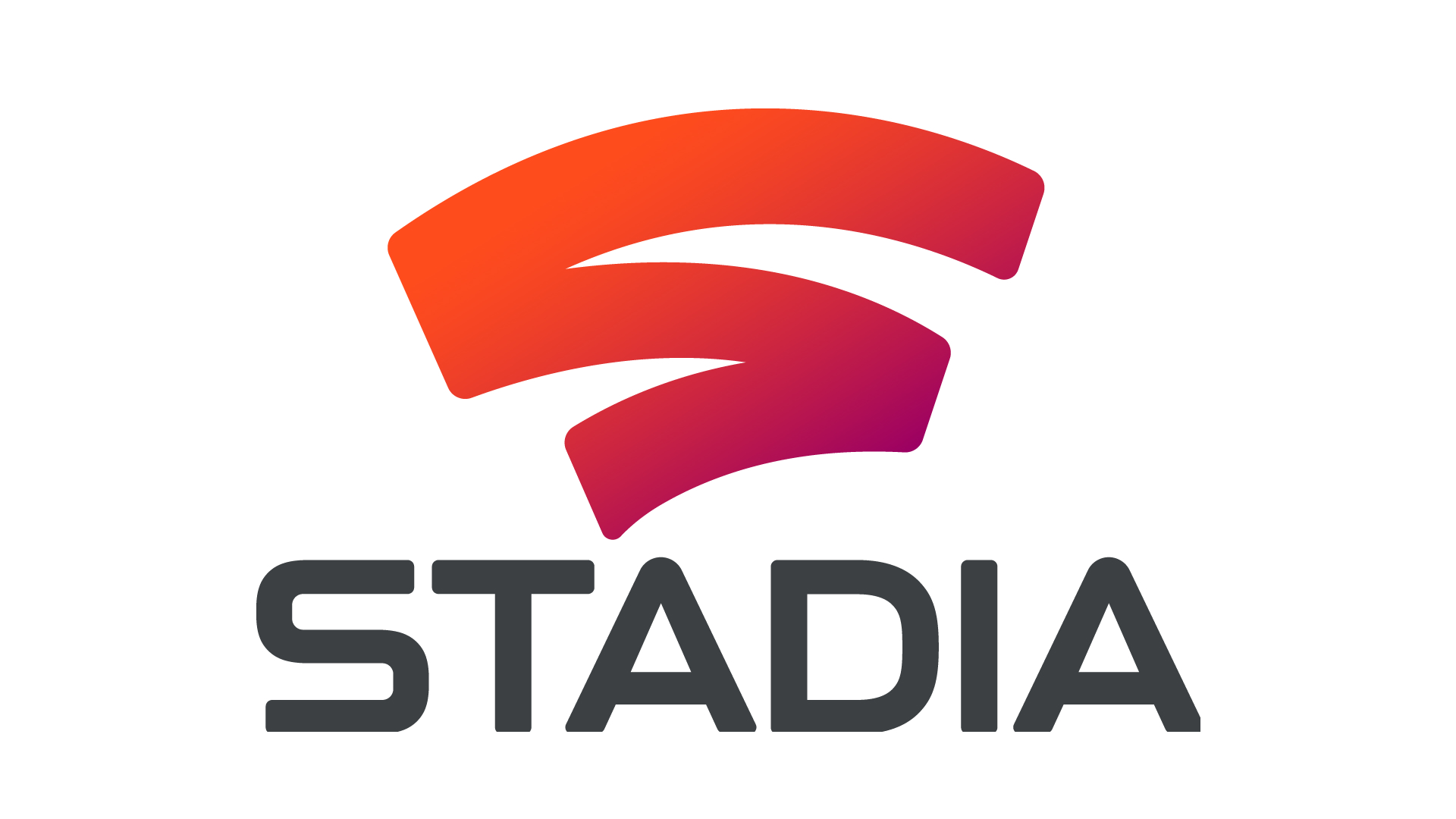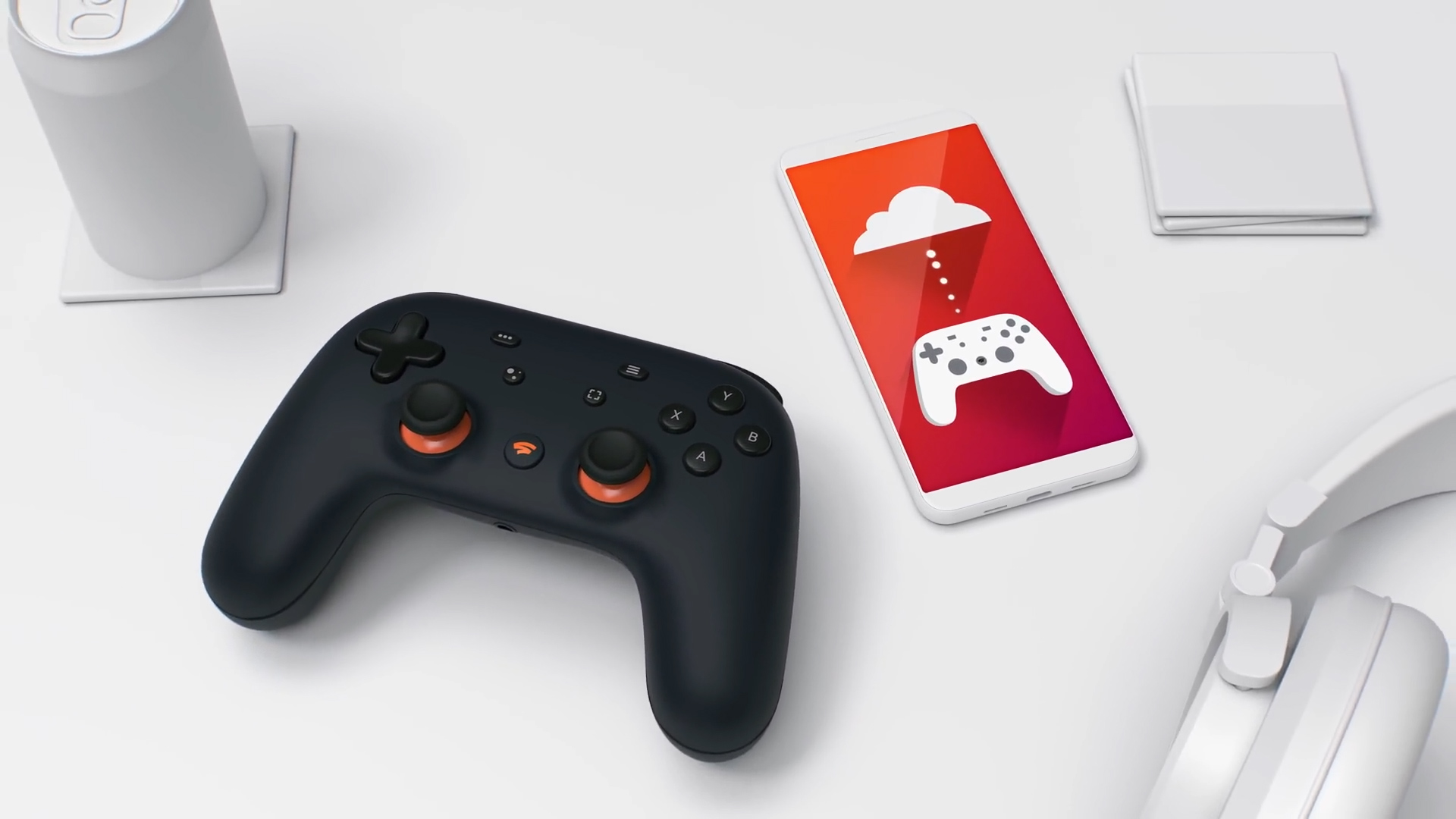
The most important thing that happened in the world of video games this past week, not counting the all-consuming launch and success of Pokémon Sword and Shield, was the release of Google’s Stadia—at least academically speaking. It’s easy to see why it should be: it’s the first new major entrant into the market since Microsoft launched the original Xbox almost two decades (!) ago. It’s the first major launch of an entirely new type of games platform: streaming, which promises to change the future of games development and consumption, if it takes off. It’s also, theoretically at least, our first peek at what the next generation may be capable of.
It really should have been a slam dunk home run. Hell, if nothing else, Google’s sheer advertising and marketing muscle—they are online marketing and advertising, basically, and they own one of the biggest advertising platforms there is in YouTube—should have at least ensured a lot of buzz, chatter, and excitement. And yet, if you were to come to me and tell me that you flat out didn’t know it had launched this last week, I’d believe you. And you would at least be an enthusiast follower of the medium—most more casual followers of video games flat out are not aware Stadia even exists. And those that are are very, very confused about what it is, or what it does, or what the features are.
There has been a spectacular failure of marketing and messaging with Stadia—who exactly is this thing for? If you were to draw a Venn diagram of who is ostensibly being targeted with the Stadia, you’d end up with nothing: plays games, but isn’t interested in purchasing a console or a PC. Wants high end gaming, but isn’t interested in purchasing a console or a PC. Isn’t interested in purchasing a console or a PC, but for whatever reason DOES have a state of the art high speed fiber optic internet connection. Wants to play games on the go, but doesn’t want a Switch, and wants more than just mobile games. Wants to play games in 4K, but doesn’t want to own them at all. I’m not sure this person actually exists. Google appears to be targeting a demographic of exactly zero people.
But even far less appealing platforms than Stadia have managed a modicum of success in the past thanks to brute forcing it with great games—look at Wii U selling over a dozen million off the back of nothing but Nintendo’s output, which you would get nowhere else. If Stadia were to have appealing games, games that could not be enjoyed anywhere else, games that perhaps showed off what this new form of cloud assisted, streaming only gaming could achieve, then there would have been those who would have bought it in spite of all the other alarmingly ill-communicated things about the Stadia. Amazingly enough, Google failed even here: they have no major exclusive at launch, barring one small indie game. The importance of games in selling new platforms, especially by new entrants in the market, is practically axiomatic wisdom at this point. Sony ensured they had Pygnosis and Namco by their side ahead of the launch of the first PlayStation. Microsoft secured Rare and also Bungie’s Halo before the Xbox launched. Google… did… nothing?
But let’s stretch this hypothetical even further and assume that someone somewhere may have wanted to check the thing out just to see what this potential future of gaming could be like, as an enthusiast of the medium. Had Google at least delivered on what they had promised, at least there would be the appeal of sheer novelty to sell it to the hardcore tech-heads and early adopters, while Google scrambled to address the other issues. And yet, somehow, Google messed even this up.
Most of the major features that were promised for Stadia, including being able to share game streams in real time, spontaneous remote play via streams in real time, family sharing of games, or just, you know, the ability to play where you want, when you want, and how you want—this last one being a major marketing point—are not present at launch. For crying out loud, Achievements are not present at launch! As in, there are Achievements; you just can’t see them because the interface to view them doesn’t exist yet. How? What the hell?
It gets worse. There’s no way to purchase games for Stadia outside of using the Stadia app for your phone. Want to maybe access a web store? You can’t! There isn’t one!
But let’s assume you own a Chromecast or a Pixel phone (the only two devices which currently support Stadia) and figure, hell, even in this half baked state, you want to check it out, just out of morbid curiosity if nothing else. I have bad news for you—for Chromecast at least, as of right now, the only ones that can run Stadia are the specifically branded “Founder’s Edition” and “Premium Edition” ones. You can’t even, for now, use it on your existing Chromecast.
My mind boggles at just how bad this all is. Streaming was always going to be a hard sell at the best of times, but Stadia appeared to be conceptually flawed, then suffered from poor marketing, then exacerbated that with confused messaging, THEN apparently was rushed to launch without even having the core basics of a modern platform, not even a games platform, just a platform, such as UI, not complete. And for what? Why was it rushed at all? Why not actually wait till you have all this stuff figured out and complete, and maybe a game or two from one of those fancy new studios you’ve set up, before you put this damn thing out? What was the hurry?
It should come as no surprise to anyone anywhere, then, that early indications are that Stadia has completely flopped, the latest in a series of increasingly high profile faceplants in the realm of video game streaming. Noted industry journalist Jason Schreier has stated that the platform launch has apparently failed to meet Google’s expectations, and a look at the number of downloads for the Android Stadia app—admittedly not the most scientific survey of the user base, but an easy way to at least ballpark numbers if nothing else—shows that fewer than 200,000 people have currently downloaded this app (which, as I’ve pointed out, is necessary to actually use Stadia).
So Stadia is a failure, at least for now. Maybe in the future, that will change. Maybe in a dramatic change from routine, Google will decide to persevere and stick with it and work on addressing its many issues to slowly develop it into a major mainstay of gaming, and a pioneer of the presumed future streaming market. But right NOW, it’s a flop. Just the latest in a long line of flops for the streaming market. What does that tell us?
It’s tempting to say that this means that streaming is a dead end. After all, we’ve had a number of high profile streaming flops in the game space before (anyone remember OnLive?), and if a company as massive as Google couldn’t do it, who can?
But I feel any pronouncements about the fate of the streaming market are premature. I’m not necessarily saying the streaming market does have a future—it’s entirely possible it is in fact a dead end, and that games, requiring huge packets of data transfer coupled with twitch player inputs, are simply unsuited to streaming, unlike, say, movies or music. But it’s also possible that streaming may in fact take off in the future. Because, as I’ve spent an inordinate amount of time highlighting in this article, for all of the on-paper reasons Stadia should have been a slam dunk, those reasons remained firmly on paper—in execution, Google botched Stadia completely. It’s possible that Microsoft’s unique position as a custodian of content, infrastructure, and community means the xCloud will be the form of cloud gaming that takes off. Maybe PS Now becomes a dark horse contender and becomes the leader of this new segment of games. Maybe Amazon’s rumored streaming service can do what Stadia couldn’t.
Sony and especially Microsoft, at least, seem better suited to the task. They’re veterans of the gaming market. They have massive libraries of compelling exclusive content. They’re both equipped with state of the art infrastructure (Sony because they’re actually dependent on Microsoft’s, but still). And both of them seem to understand that streaming as the ONLY form of gaming is probably untenable, especially owing to the limitations that are inherent to it. They’re both offering streaming services to supplement their existing core console offerings. And that, I think, is the right way to go about it.
So yes, maybe streaming still has a future. If it doesn’t, it’s not Stadia’s failure that marks the time of death, though. Too much was wrong with this rushed, half-baked effort for it to really represent what an actual appealing streaming proposition would do in the market.
Note: The views expressed in this article are those of the author and do not necessarily represent the views of, and should not be attributed to, GamingBolt as an organization.

















